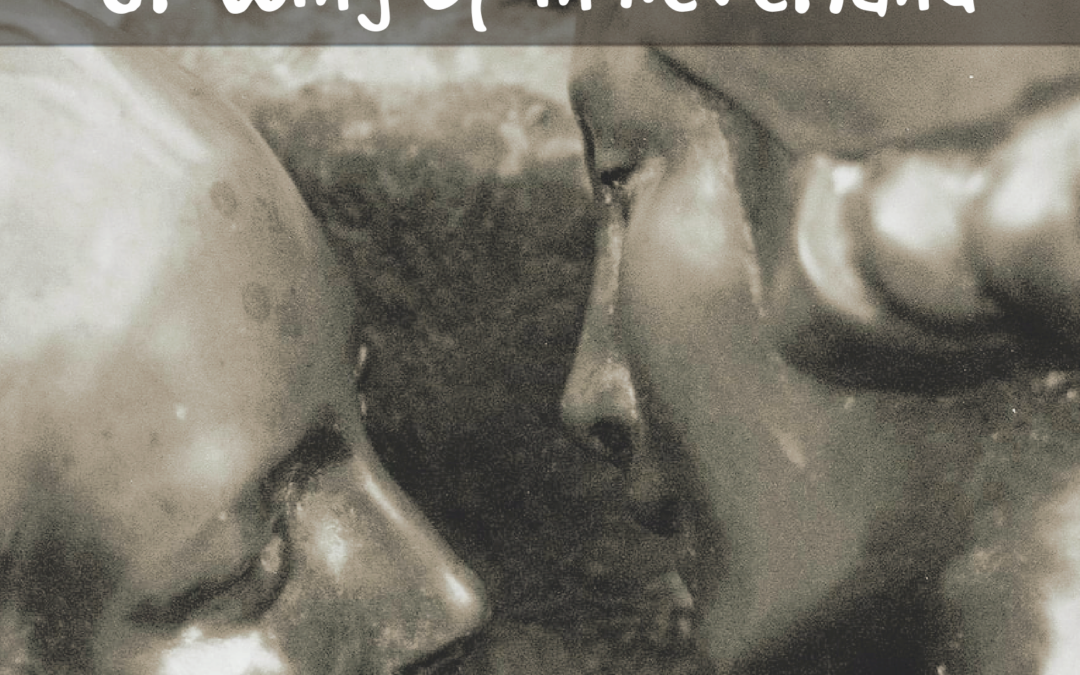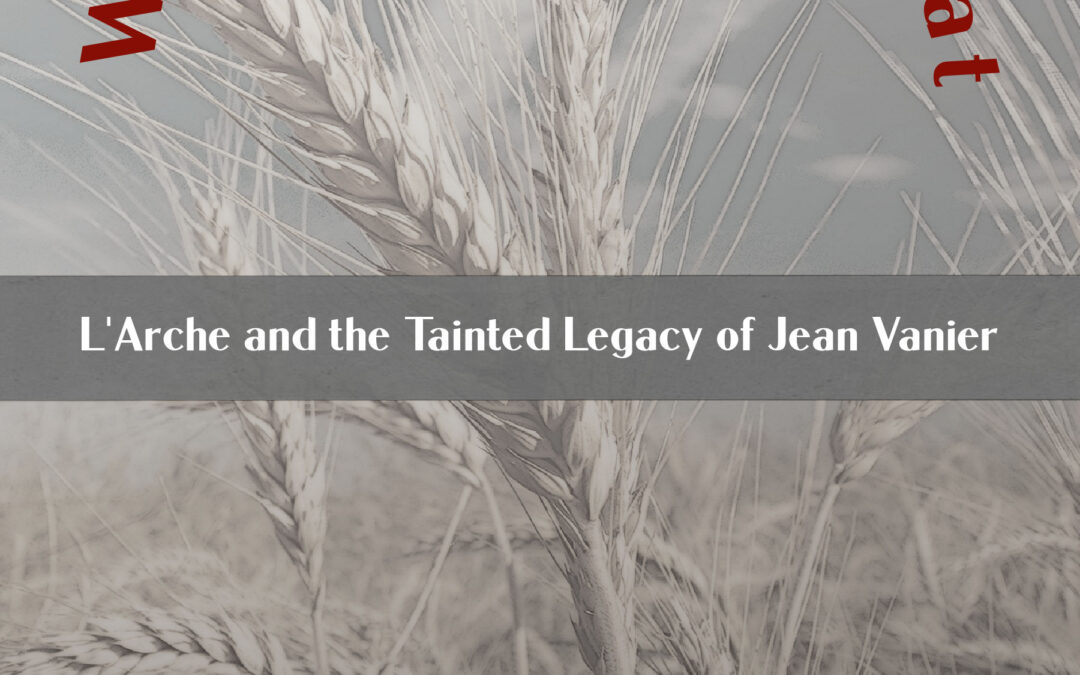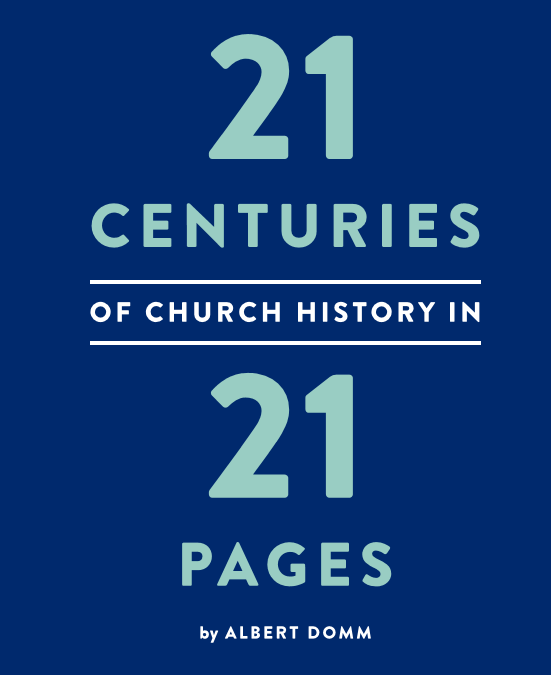TESTIMONIALS
“The Biblical Qur’an is a sincere and thoughtful theological reading of Islamic scripture. Michael Healy Jr. seeks out what is beautiful and true in the Qur’an and places it in conversation with Christian teaching. He is also interested in understanding the history of salvation and Islam’s place therein.” – Dr. Gabriel Said Reynolds, Department of Theology, University of Notre Dame
“I really appreciate the originality of Michael Healy’s vision and the amount of scholarship he displays. Healy sees correctly Islam as a kind of Old Testament of the Arabs that offers them truth although not (explicitly) the fullness of truth. Very often people judge before they understand. A correct method always tries first to understand, and one cannot understand without a fair amount of human sympathy for the object (the person or persons) who are the objects of your study. An error, moreover, is very often a truth out of its proper context, and the most convincing confutation of an error is the repositioning of that truth in its correct place.” – Rocco Buttiglione, Professor of Political Science at Saint Pius V University in Rome, and a member of the Pontifical Academy of Social Sciences
“The Biblical Qur‘an draws on deep religious, historical and philosophical insight into God’s plan for Muslims and their place in salvation. I think it will be an important tool in the evangelization of the Muslim world.” – Ligia Castaldi, Professor of Law, Ave Maria School of Law
“Michael Healy’s The Biblical Qur‘an is a fascinating study that lays out an original argument in a logical manner.” – Msgr. Michael John Witt, Church Historian, Kenrick-Glennon Seminary, St. Louis, MO
“The Biblical Qur’an is an extraordinarily original and provocative contribution of our understanding of the Islamic religion.” – Ronda Chervin, Ph.D., Emerita Professor of Philosophy, Holy Apostles College and Seminary.
“I am very happy to endorse The Biblical Qur’an by Michael Healy for publication. The book provides a Christocentric reading of the Qur’an that takes note of such readings by Giulio Basetti-Sani, OFM (1977) and earlier authors such as Bishop Paul of Antioch (12th century), the anonymous Letter from the People of Cyprus (fourteenth century), and Nicholas of Cusa (fifteenth century). Michael Healy’s book, however, shows a more profound awareness of issues related to contemporary hermeneutics, discernment of private revelations, philosophical approaches to verification, and divine providence. The book provides a fascinating study of certain Qur’anic passages that suggest a hidden Christian meaning. It also looks at various biblical texts (Gen 16:8–12; 17:17–27; 21: 8–21) that indicate a divine plan for the Muslims via Abraham and Ishmael. Michael Healy provides a thoroughly Catholic approach to his Christocentric reading of the Qur’an, and he shows possible allusions to the Eucharist, redemptive suffering, devotion to the saints and the Virgin Mary. He deals with the clear differences between Christian doctrines (e.g. the Trinity and the Incarnation) and those of Islam, but he suggests that the Muslim emphasis on the unity of God might help lead Christians to a renewed awareness of God the Father as the source of the Godhead. Healy likewise examines what seem to be anti-Jewish and anti-Christian passages in the Qur’an, but he suggests that these can be read as reactions to Jews and Christians who do not faithfully follow their own religions. There are likewise many original and interesting interpretations of Muslim concepts (e.g. Muhammad as the seal of the prophets) as well as discussions of Muslim claims that the coming Muhammad is predicted in the Bible. Healy manifests a clear awareness of the cultural milieu out of which Islam emerged, and this helps him discuss moral issues such as polygamy and war in the Qur’an as well as the relation of Islam towards Zoroastrianism and Manichaeism. Perhaps the most original proposal of Healy is his suggestion that the Qur’an functions as a type of “midrash” that helps people abandon paganism and embrace a theocentric worldview. In this sense, Islam—even though it emerges chronologically after the coming of Christ—can play a role in God’s providence over history in ways that we might not fully understand. Michael Healy, though, is hardly a religious relativist. He is a committed Catholic who recognizes Christ as the most complete revelation of God to the human race. A Christocentric worldview, however, should enable us to ponder how God, in his mysterious providence, might even make use of the Qur’an and the Islamic tradition to bring people to the truth about Christ and the Catholic faith.” – Robert L. Fastiggi, Ph.D., Bishop Kevin M. Britt Chair of Dogmatic Theology and Christology, Sacred Heart Major Seminary, Detroit, MI USA
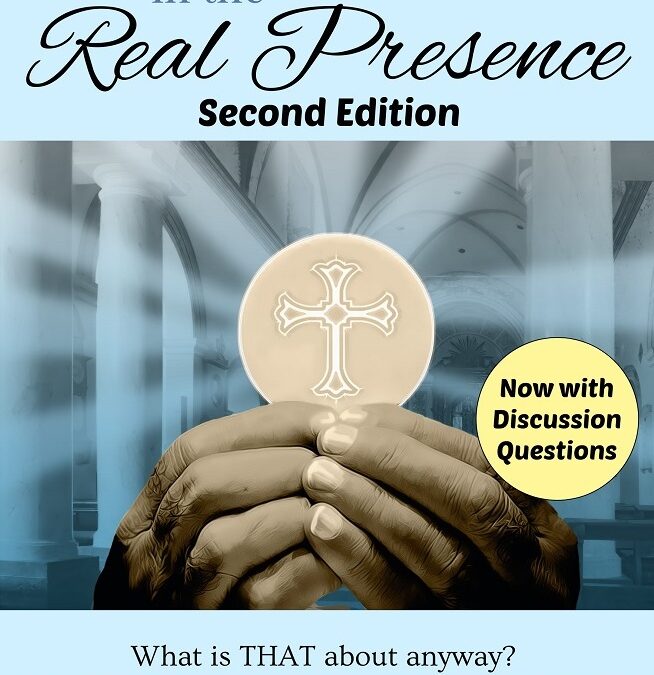
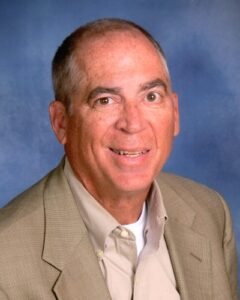 Dr. David Keys has a PhD in physics from Washington University in St. Louis, Missouri (1984), and a master’s degree in theology from Franciscan University, Steubenville, Ohio (2012). For thirty-eight years, he worked in the field of Medical Physics, being involved in the physics of radiation for diagnostic imaging and for the treatment of cancer patients. Having completed his degree in theology, he has now left Medical Physics and has become a Catholic speaker and author with an interest in the synthesizing of science with religion.
Dr. David Keys has a PhD in physics from Washington University in St. Louis, Missouri (1984), and a master’s degree in theology from Franciscan University, Steubenville, Ohio (2012). For thirty-eight years, he worked in the field of Medical Physics, being involved in the physics of radiation for diagnostic imaging and for the treatment of cancer patients. Having completed his degree in theology, he has now left Medical Physics and has become a Catholic speaker and author with an interest in the synthesizing of science with religion.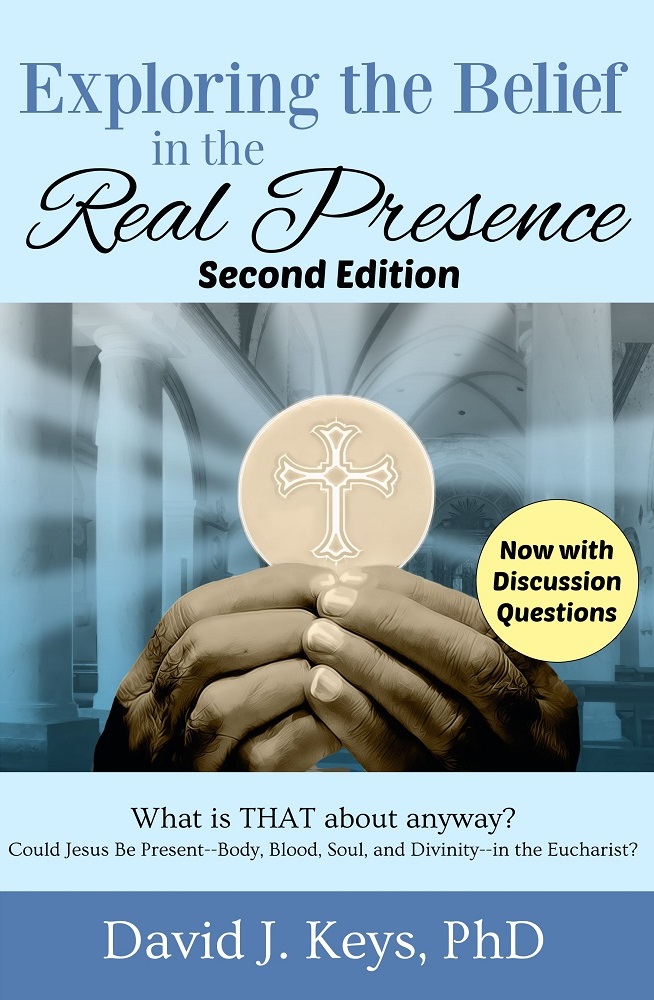
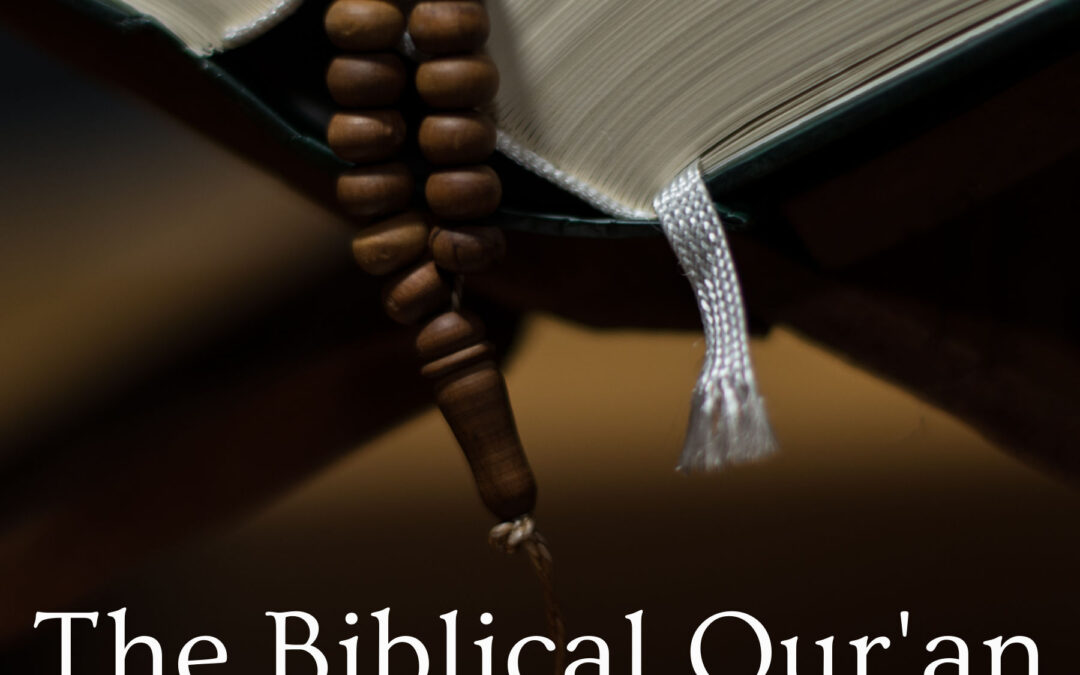
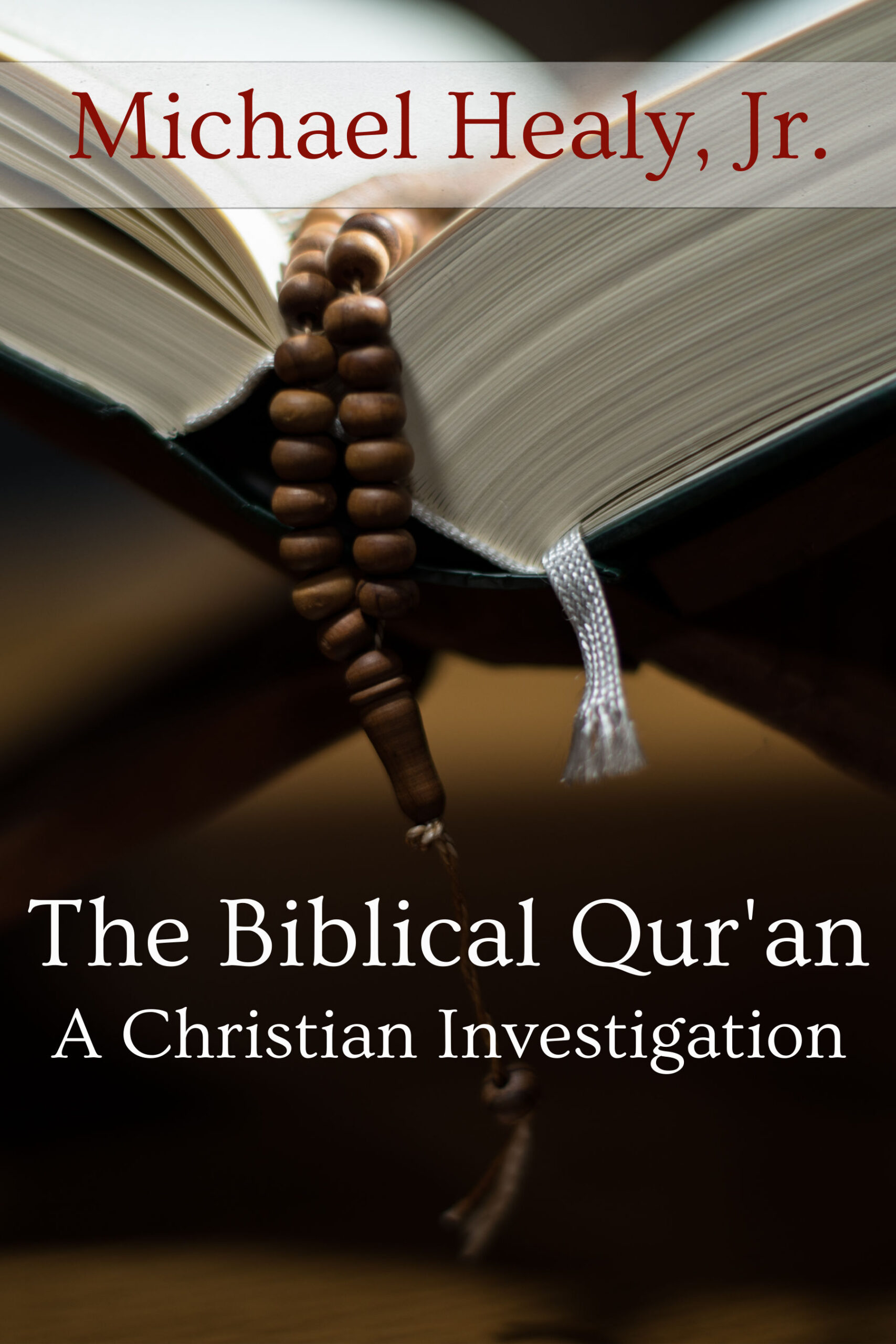
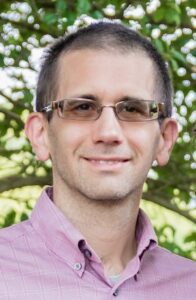 Michael Healy, Jr. holds a B.A. in Philosophy and History, an M.A. in Philosophy, and an M.A. in Theology from Franciscan University of Steubenville as well as a J.D. from Ave Maria School of Law. He also reads voraciously, enjoys hiking and travelling with his wife Tara, and endeavors to live out his Catholic Faith.
Michael Healy, Jr. holds a B.A. in Philosophy and History, an M.A. in Philosophy, and an M.A. in Theology from Franciscan University of Steubenville as well as a J.D. from Ave Maria School of Law. He also reads voraciously, enjoys hiking and travelling with his wife Tara, and endeavors to live out his Catholic Faith.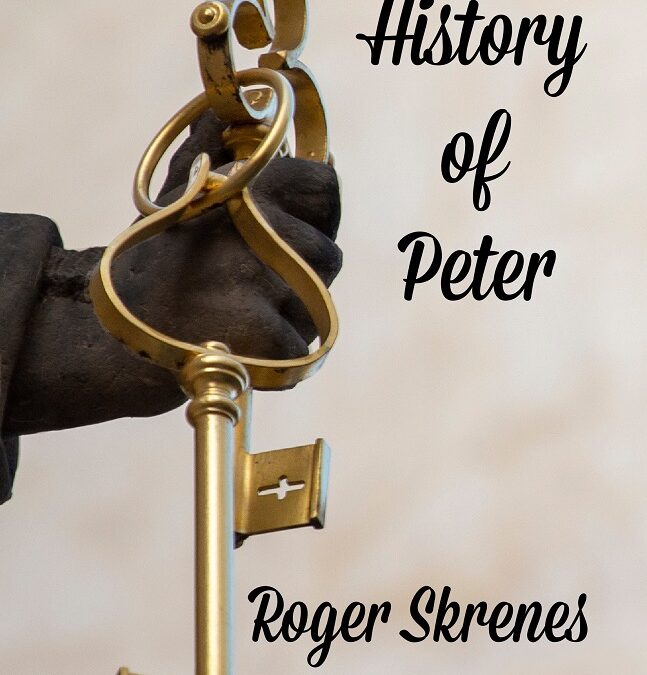

 Roger Skrenes studied science as an undergraduate and history as a graduate. He holds a master’s degree in religion and has taught high school in Los Angeles, California, for over thirty years, including six summers in the California Youth Authority (a prison for teenage boys in Whittier, CA). He is the father of three adult children, Mary, Mark and Therese.
Roger Skrenes studied science as an undergraduate and history as a graduate. He holds a master’s degree in religion and has taught high school in Los Angeles, California, for over thirty years, including six summers in the California Youth Authority (a prison for teenage boys in Whittier, CA). He is the father of three adult children, Mary, Mark and Therese.